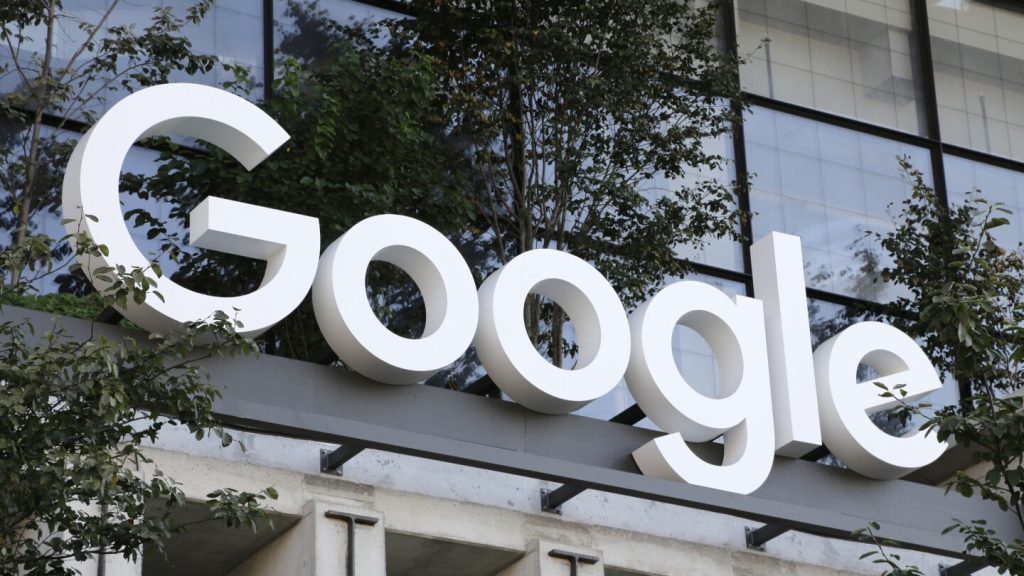Google has reached a groundbreaking deal with California to invest tens of millions of dollars into local journalism jobs, marking a first-of-its-kind agreement in the nation. Critics, however, are calling the deal disappointing as they believe it primarily benefits the tech giant. The agreement, negotiated behind closed doors, will direct a significant amount of public and private funds to support struggling local news organizations. By shelving a bill that would have required tech companies to support news outlets they profit from, California effectively gave up on an avenue that could have brought in even more funding. Critics believe Google got off lightly and that the deal is a political maneuver to avoid a fee under potentially groundbreaking legislation.
The U.S. newspaper industry has been in decline for years, with traditional business models collapsing and advertising revenues drying up in the digital era. As news organizations transition to digital platforms, they increasingly rely on tech giants like Google and Facebook to distribute their content. This has led to a situation where publishers have seen significant declines in advertising revenues, while tech companies continue to generate billions through their digital advertisement empires. The closure of over 2,500 newspapers since 2005 and the absence of local news outlets in about 200 counties across the U.S. highlight the dire need for support in the journalism industry. California’s deal with Google comes as part of broader efforts by states to help boost struggling news organizations through various funding and tax credit programs.
The deal between California and Google, totaling $250 million, will provide funding for journalism initiatives and a new AI research program over a period of five years. Roughly $110 million will come from Google and $70 million from the state budget to boost journalism jobs, managed by UC Berkeley’s Graduate School of Journalism. Google will also contribute $70 million towards an AI research program aimed at solving real-world problems. This agreement deviates significantly from a bill that would have imposed a link tax on tech companies, requiring them to pay a percentage of advertising revenue to media companies for linking to their content. Despite opposition from tech companies, the deal represents a pivot towards supporting journalism in California.
Tech companies, including Google, have been engaged in a two-year battle against legislation like the one proposed by Assemblymember Buffy Wicks, which would have required them to compensate publishers fairly. Google’s agreement with California comes after significant opposition campaigns and threats to block news websites. While some industry experts see the deal as a strategic move by Google to avoid regulations, others view it as a step towards supporting journalism without the need for compulsory measures. The agreement has received mixed reactions, with some journalism groups supporting it while labor unions and critics express concerns about the lack of transparency in the negotiation process and the potential long-term implications for the industry.
The future of journalism in California and the U.S. remains uncertain as news organizations grapple with the challenges of digital transformation and declining revenues. State governments are exploring various mechanisms to support local news outlets, with California’s deal with Google setting a precedent for public-private partnerships in the journalism sector. While the agreement aims to provide much-needed funding for journalism initiatives and AI research, the debate continues around the role of tech companies in supporting the media ecosystem. As the agreement is set to take effect next year, further details and potential challenges may arise in the implementation and impact of this unique collaboration between California and Google.


